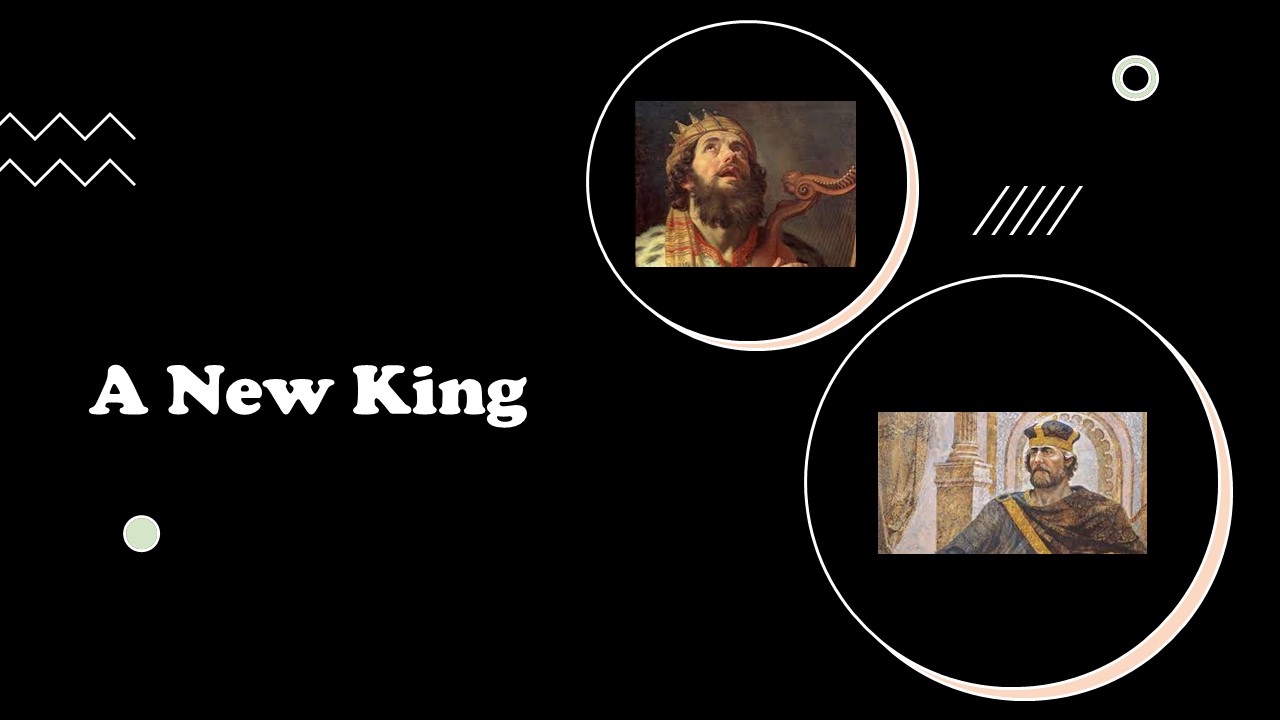Pentecost is significant in both the Old and New Testaments. “Pentecost” is actually the Greek name for a festival known in the Old Testament as the Feast of Weeks (Leviticus 23:15; Deuteronomy 16:9). The Greek word means “fifty” and refers to the fifty days that have elapsed since the wave offering of Passover. The Feast of Weeks celebrated the end of the grain harvest. With the outpouring of Holy Spirit on disciples during this holiday and with Peter’s powerful preaching, the first Pentecost following the death, resurrection, and ascension of Jesus, signals the beginning of the church age.
Additional scriptures referenced include Acts 2:1-41; Job 12:10; John 3:8; Genesis 2:7; Exodus 3:2; Exodus 12:21-22; Exodus 24:17; Isaiah 10:17; Psalm 97:3; Malachi 3:2; Hebrews 12:29; Revelation 3:18; Matthew 26L72, 74; Luke 22:57; Luke 24:21; Joel 2:28-32; and John 14:12.

The epistle to the Ephesians, likely written while Paul is imprisoned in Rome, is perhaps the most formal of the apostle’s letters. While Paul...

Today’s episode explores the story of King Saul and the significance of his death in the larger context of biblical narratives and themes. Saul,...

As Jesus journeys toward Jerusalem, He pauses to address the growing crowds with a bold and startling call to discipleship. He speaks of loving...